Why not go to the polls – despite a Swiss passport?
In Europe, naturalised migrants are generally less likely to vote in national elections than natives are. In Switzerland, the divide between political participation of Swiss-born and naturalised migrants is particularly deep. The naturalisation process plays a big role in this.
On average, every other person, who is eligible to vote, goes to the polls in Switzerland.
Turnout is much higher in the rest of Europe with three out of four people with voting rights casting their ballots in our neighbouring countries. This is not true for naturalised citizens in these countries though.
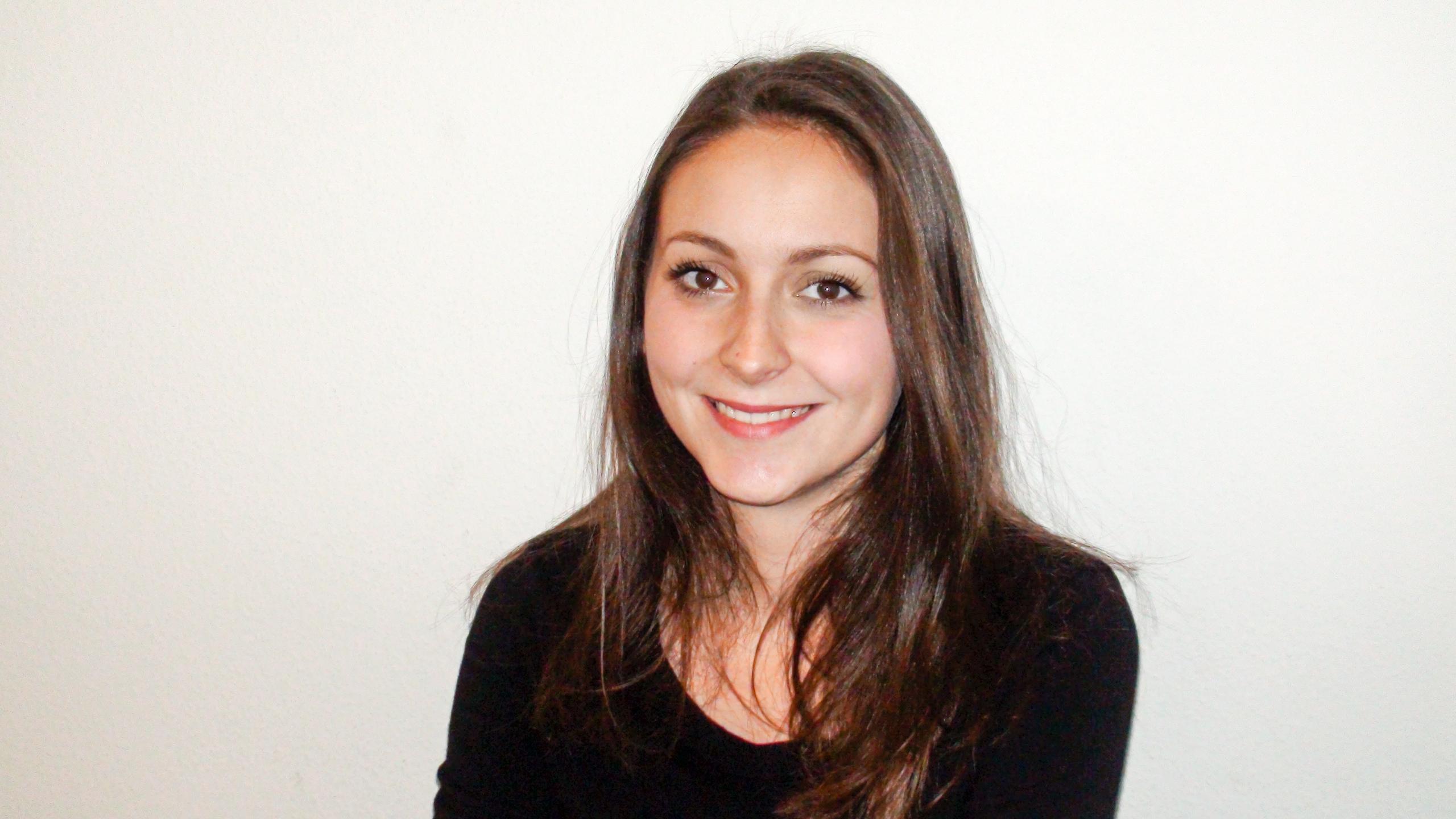
A study conducted by the European Social Survey in 2012 showed that election turnout is much lower among naturalised citizens.
Political identity
Despite having acquired a passport, naturalised citizens with a migrant background are often still considered “foreigners”.
This makes it much more difficult for them to identify fully with their adopted country. Migrants – including naturalised ones – remain more politically engaged in their countries of origin and are less involved in the politics of their adopted countries.
Many of the naturalised migrants came to Switzerland temporarily as so-called “guest workers” hoping to go back to their home countries sooner or later. This is possibly why they never deemed it necessary to take part in the political life of their adopted countries.
swissinfo.ch publishes op-ed articles by contributors writing on a wide range of topics – Swiss issues or those that impact Switzerland. The selection of articles presents a diversity of opinions designed to enrich the debate on the issues discussed.
Political participation also entails understanding the sometimes complex local political institutions as well as the people standing for election – and language barriers certainly don’t help.
Wide gap
In Switzerland, the gap is particularly wide between turnout among people with and without migrant background. A Swiss-born citizen is 25% more likely to vote in an election than a naturalised Swiss.
The restrictive Swiss naturalisation policy could also be part of the problem. There is hardly any other country in Europe that makes naturalisation as difficult as Switzerland (Strijbis 2013).
Around 22% of the permanent resident population in Switzerland does not have voting rights on a national level; this is one of the highest numbers within the member countries of the Organisation for Economic Co-operation and Development (OECD).
The “jus sanguinis” principle applies in Switzerland.
Naturalisation is a long-winded process, which differs significantly between the more than 2,300 communes and 26 cantons.
Jus sanguinis principle: Also known as bloodline, this principle of nationality law does not determine citizenship by place of birth but by having one or both parents, who are citizens of a state. Nationality of these countries is acquired by birth. Being a descendant of a certain group is the only requirement. Obtaining nationality through naturalisation is a complex and long process under this principle.
The cumbersome process to acquire the Swiss passport as well as the fact that migrants are often referred to as foreigners explains why people with migrant background are less politically engaged in Switzerland, but are still very much interested in the politics of their country of origin.
In countries using the “jus soli” principle the integration process of migrants into existing societies usually happens much faster.
Such countries make it comparably easy to acquire nationality by naturalisation. In France, it is sufficient to have had residency there for five year, have a good reputation and are familiar with the French language and culture.
Studies conducted by the Federal Office for Migration and Refugees in Germany have shown that naturalised citizens are better integrated than non-naturalised ones.
Jus soli principle: Also known as the birthplace principle, this is an easier way to obtain a citizenship. The state gives anyone born in the territory of a state the right to nationality or citizenship. This birthplace principle does not only make naturalisation easier by birth; it is also easier for migrants to obtain a nationality through naturalisation. Migrants usually get naturalised after a few years and naturalisation is based on an administrative act.
This could be because they are given more opportunities to participate in political life. In other words, a quick and relatively straight-forward naturalisation process facilitates integration.
Active participation in political life, such as participating in elections, is part of this. A recent study co-financed by the Swiss National Fund supports the same findings.
In France and Germany, naturalised migrants are politically better integrated. In France, for example, there is no significant difference in turnout among French-born and naturalised citizens.
In Germany the discrepancy is not as big as in Switzerland, but bigger than in France.
Different ideas
France and Germany are based on different state ideas. France is a typical state nation, where common will of the people is necessary to form a political community.
Characteristics such as culture, origin and language only play a small role or no role at all.
Such countries make it easier for migrants to feel part of the community after having acquired citizenship. A nation is typically very heterogeneous and the notion of national identity can be interpreted very differently.
Germany for its part considers itself a cultural nation.
State nations: The common will to form a political community is crucial. Characteristics such as culture, origin and language play a secondary role or no role at all. This form of nation can be found in the American and the French Revolutions as well as in the modern Swiss state.
Cultural nations: These nations are considered cultural and descendant communities defined by common ethical characteristics such as language, culture and religions. Germany is a classic example for a cultural nation.
In such states the strong sense of belonging is usually created by speaking the same language and following the same religion and culture.
People, who immigrate to such a country in their later lives, find it significantly harder to identify with this country. It is therefore understandable that the discrepancy in turnout between native and naturalised citizens is much bigger in Germany than in France.
Feeling included
Switzerland is also considered a state nation. It is based on the common will of the people to form a nation, despite the existing linguistic, cultural and religious diversity. However, Swiss nationality is given according to the jus sanguinis method.
The fact that naturalised migrants are less political active in their adopted countries is not only due to their lack of political interest or their, on average, lower social class, as some studies has shown (Cueni und Fleury 1994).
The “new home country” also plays a big part in the political participation of migrants: it depends on what’s on offer for the migrants; how much they feel included and whether they feel welcome to participate in the political life or not.
The views expressed in this article are solely those of the author, and do not necessarily reflect the views of swissinfo.ch.
Translated from German by Billi Bierling

In compliance with the JTI standards
More: SWI swissinfo.ch certified by the Journalism Trust Initiative

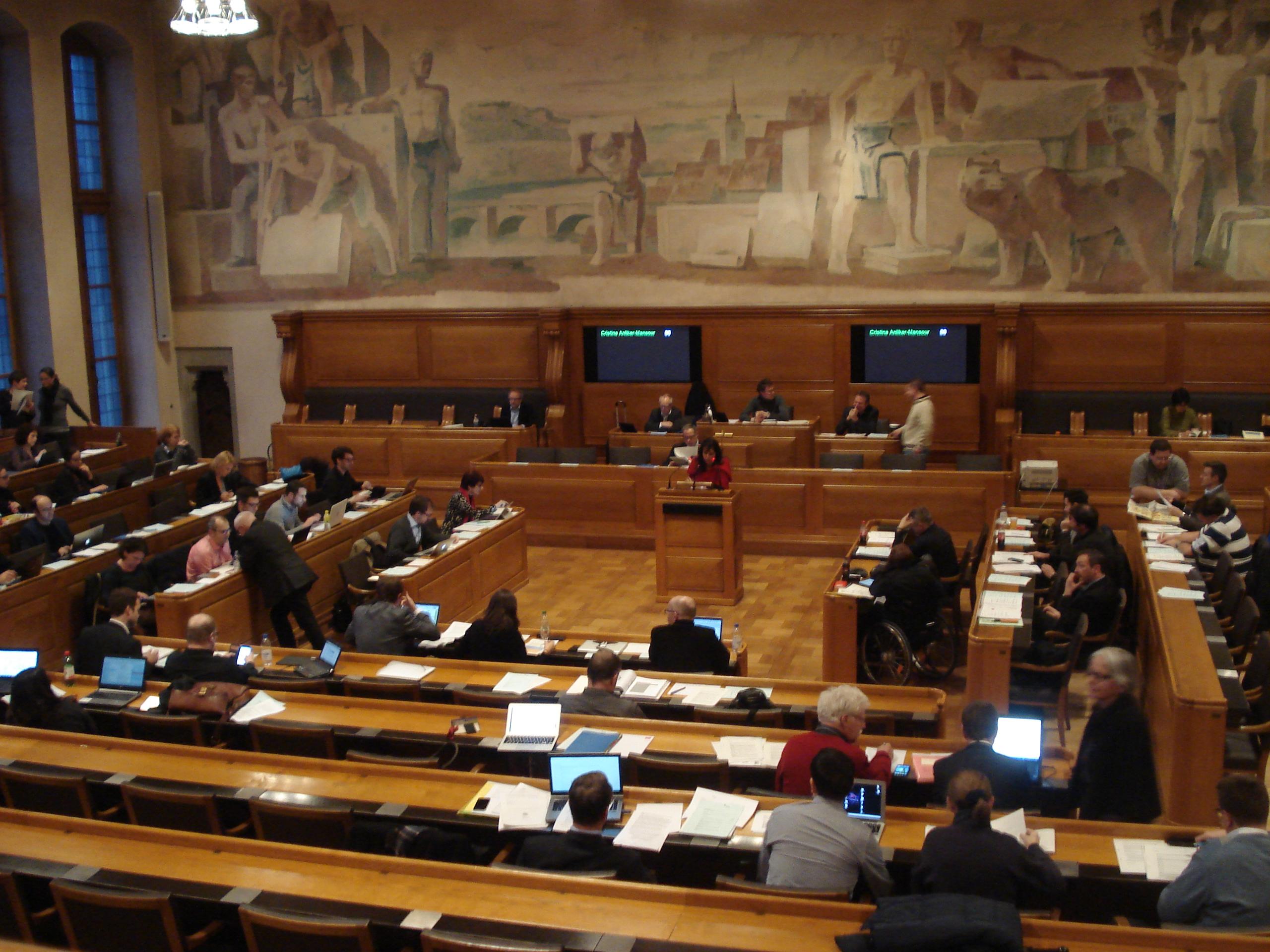
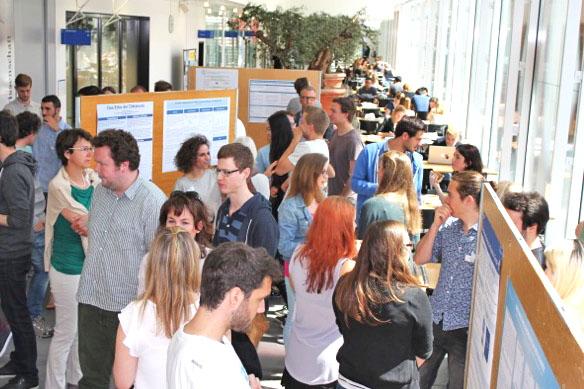
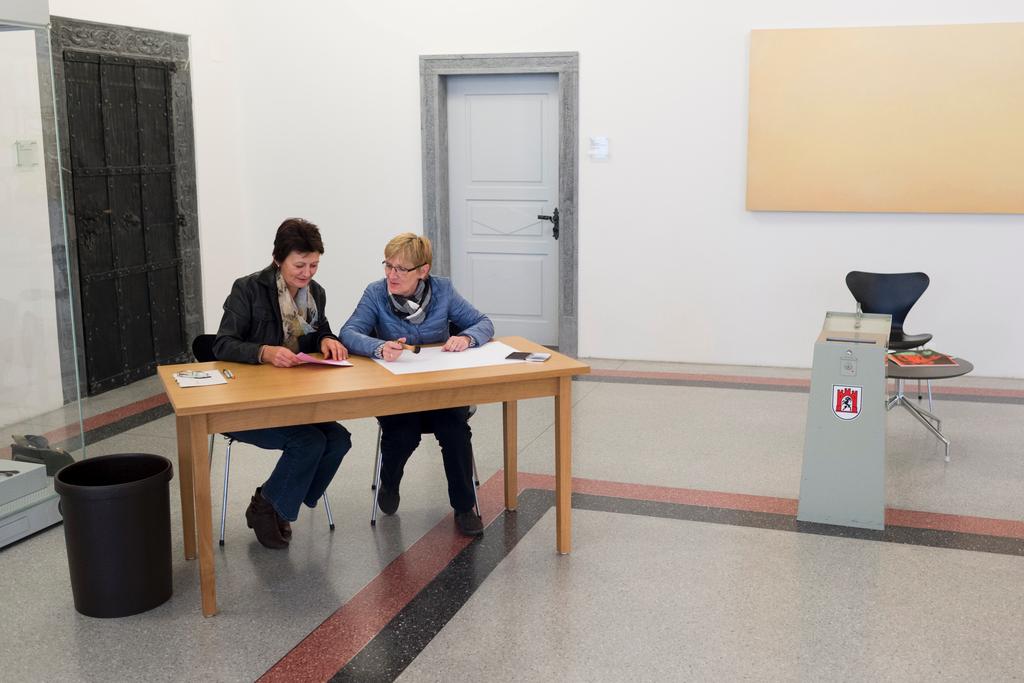
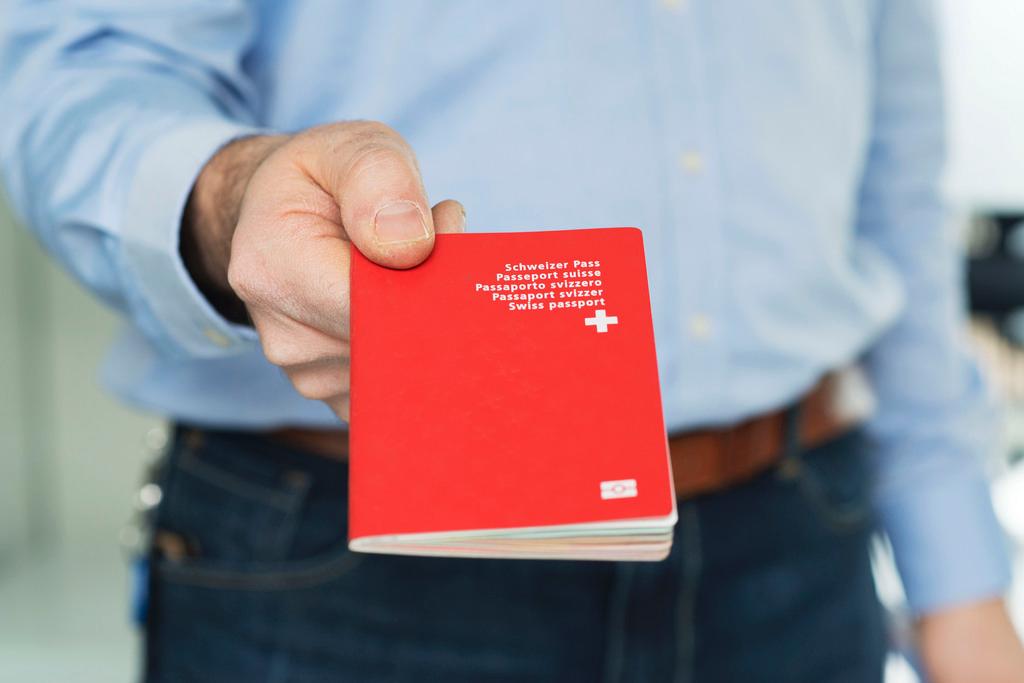
You can find an overview of ongoing debates with our journalists here. Please join us!
If you want to start a conversation about a topic raised in this article or want to report factual errors, email us at english@swissinfo.ch.